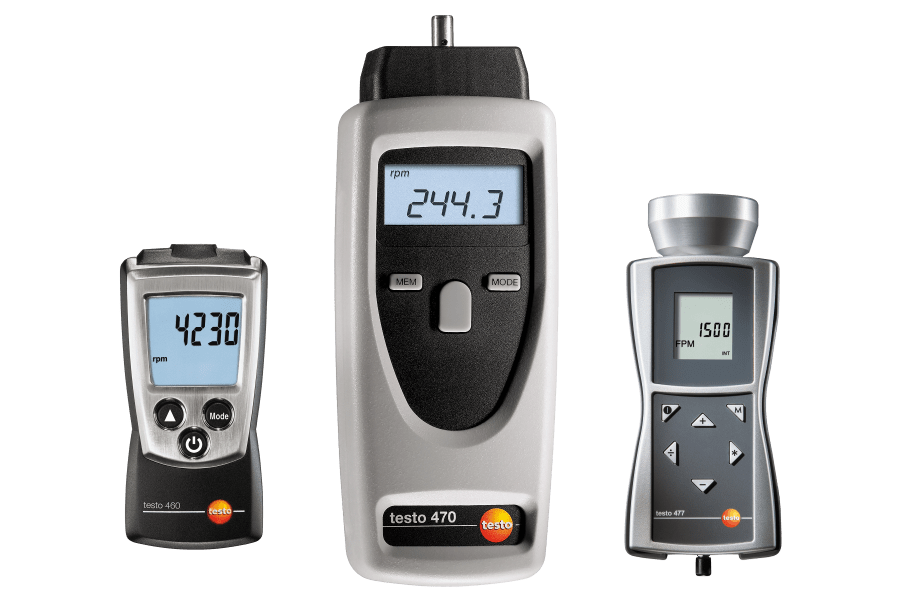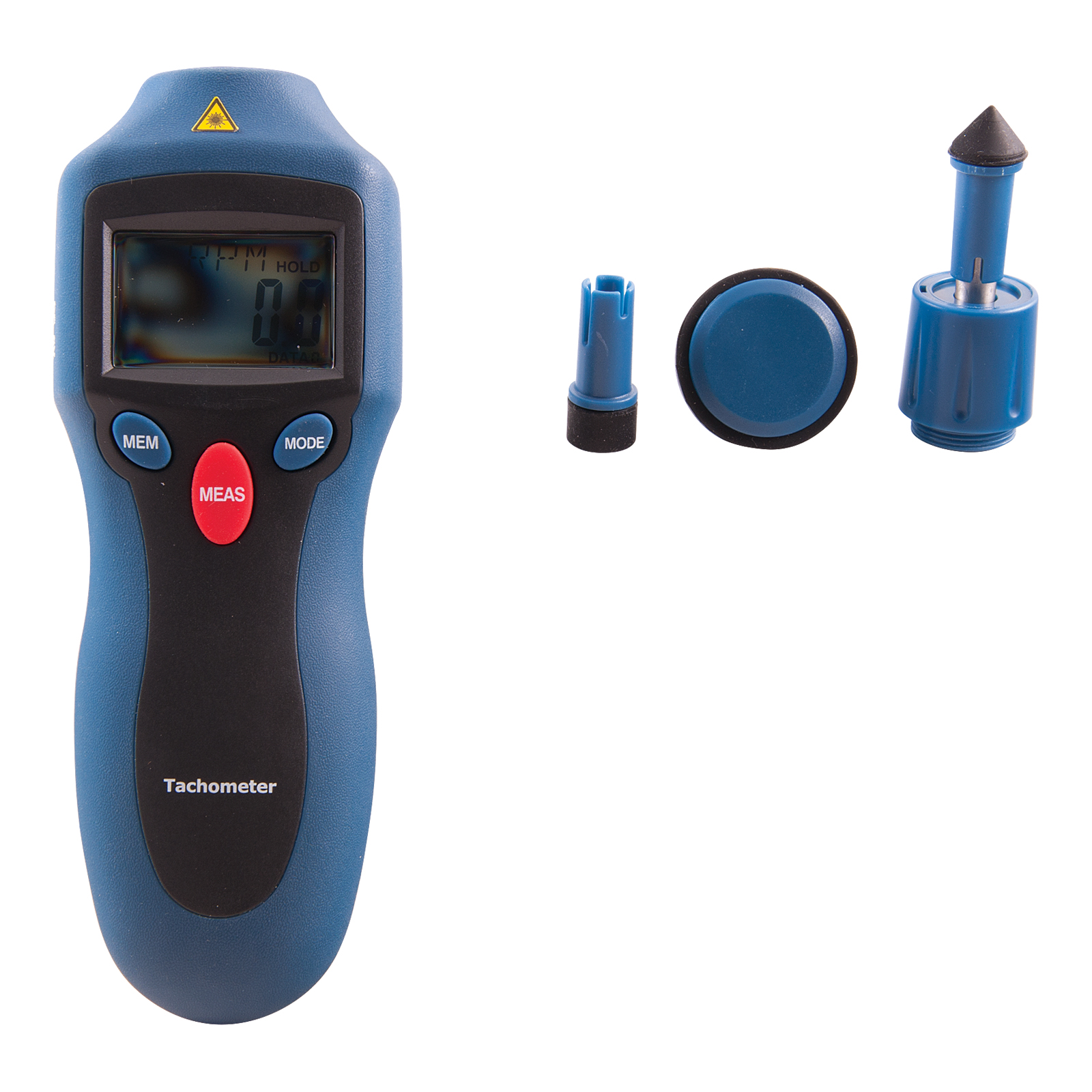Tachometer Acquiring Guide: Features to Seek and Finest Brand names
Tachometer Acquiring Guide: Features to Seek and Finest Brand names
Blog Article
Unlocking the Keys of Tachometers: Whatever You Required to Know Regarding This Crucial Tool in Your Car
Understanding the details of tachometers can supply beneficial understandings into your car's performance and upkeep demands. From measuring engine speed to decoding the data it presents, tachometers function as a critical device for automobile proprietors and lovers alike. By untangling the secrets behind this necessary instrument, you can open a wide range of details that can improve your driving experience and guarantee the durability of your vehicle.
Importance of Tachometers
The relevance of tachometers hinges on their capacity to offer vital real-time data concerning an engine's rotational speed, allowing for precise tracking and upkeep of equipment. By gauging the transformations per min (RPM) of an engine's crankshaft, tachometers use important insights into the engine's performance - tachometer. This data is important for guaranteeing that the engine operates within its ideal array, preventing prospective damage from over-revving or underperforming
Tachometers play an essential role in aiding operators and professionals discover any anomalies in the engine's speed, which might show concerns such as gas ineffectiveness, mechanical problems, or too much stress on the engine. By immediately determining these concerns through tachometer readings, maintenance can be executed proactively, stopping costly repair services and downtime over time.
Additionally, tachometers are particularly essential in high-performance automobiles and equipment, where exact control over engine speed is required for optimum operation. Racing automobiles, airplane, and commercial tools rely upon tachometers to provide peak efficiency while preserving security requirements. Fundamentally, tachometers are not just tools for gauging speed but vital tools for ensuring the smooth and effective operation of engines throughout different applications.
How Tachometers Procedure Engine Rate
Making use of sensing units that discover the regularity of electric pulses produced by the engine's ignition system, tachometers properly determine the rotational speed of an engine. By keeping track of the rate at which these pulses are obtained, tachometers give real-time comments on just how quickly the engine's crankshaft is turning per minute, typically described as revolutions per min (RPM)
The tachometer's sensor, typically connected to the engine's ignition coil or ignition system wires, picks up the electrical signals generated each time a cyndrical tube fires. These signals are then exchanged RPM readings showed on the gauge or instrument collection within the vehicle driver's view. Tachometers can be analog or digital, with modern lorries typically including digital display screens for specific and instantaneous RPM analyses.
This information is important for chauffeurs to understand the engine's efficiency, stop over-revving, maximize gear shifting, and make sure effective fuel consumption. By properly determining engine rate, tachometers play a vital function in aiding vehicle drivers operate their lorries securely and efficiently.
Interpreting Tachometer Analyses
Having a clear understanding of exactly how tachometers measure engine speed establishes the structure for efficiently analyzing the RPM analyses showed. Translating his response tachometer analyses is essential for ideal automobile efficiency and engine health and wellness. When the engine is idling, the tachometer needle generally rests around 600-1000 RPM, depending on the automobile.


Tips for Making Use Of Tachometers Properly
To improve driving effectiveness and optimize engine efficiency, what key techniques can be applied for efficiently using tachometers? Tachometers are critical tools that offer real-time comments on engine rate, making it possible for motorists to make educated decisions for far better efficiency - tachometer. Right here are some suggestions for using tachometers effectively:
Recognizing Optimum RPM Range: Familiarize on visit your own with the ideal RPM (Transformations Per Minute) range for your vehicle. Keeping the engine within this variety can boost fuel effectiveness and prolong the engine's life-span.
Shifting Equipments at the Correct Time: Use the tachometer to determine the finest time to move gears. Upshifting prematurely or far too late can result in decreased efficiency and performance. Purpose to move gears when the RPM gets to the optimal range for the next equipment.
Monitoring Engine Stress: High RPMs for extended periods can stress the engine. Keep an eye on the tachometer to avoid over-revving, specifically during acceleration or when carrying heavy lots.
Tachometers and Car Upkeep
When taking into consideration lorry upkeep, tachometers play an essential duty in checking engine performance and finding prospective problems. Tachometers supply vital information on engine speed, find out allowing vehicle drivers and technicians to guarantee that the engine is operating within the suggested RPM range.
Along with discovering potential issues, tachometers can also help in enhancing fuel effectiveness. By maintaining the engine speed within the optimum variety, drivers can improve their gas mileage and lower fuel usage. This not only benefits the driver's pocketbook yet also adds to ecological preservation by decreasing harmful exhausts.
Verdict

Report this page